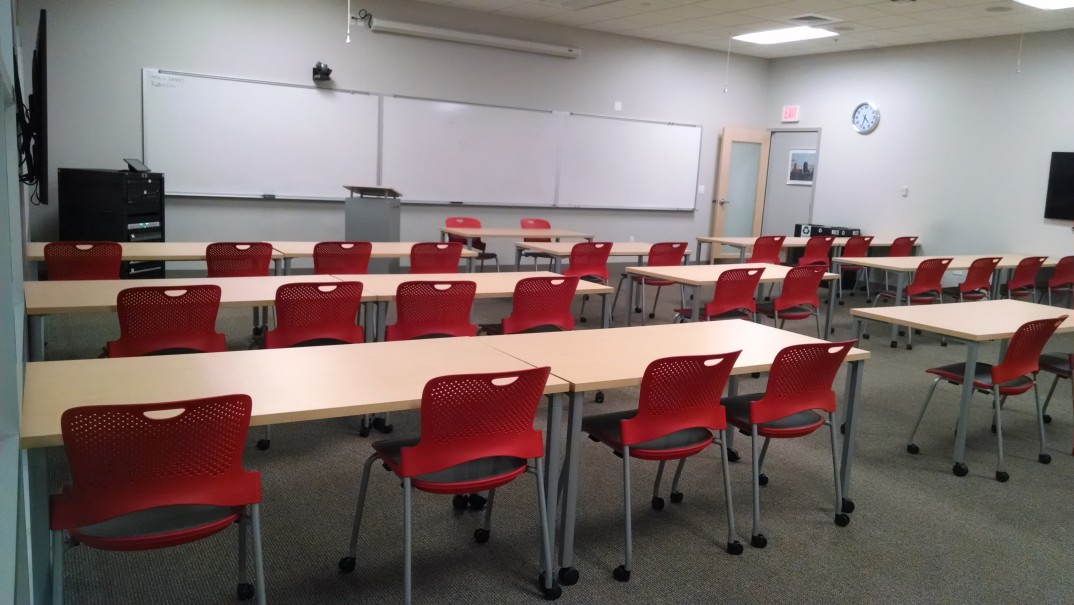The Social Welfare of Child Maltreatment Prevention
Social constructs of parenting and childrearing norms change over time as the idea of the “right” or “best” way to raise a child is continually debated, such as the social acceptability of spanking. A recent article in The Atlantic titled, “Welcome to Parent College,” explores this notion and the ethical dilemmas surrounding an increasing number of classes across the U.S. that teach parents how to be parents, a little-explored corner of the healthcare realm. Triple P, the Positive Parenting Program, is the curriculum behind the parenting class at the San Francisco center. The class includes parents who have been proven or suspected of committing child abuse and have been referred by social workers, as well as those who are simply at the ends of their ropes, like those who have acknowledged their own tempers and waning patience with unruly children.
The class stresses praising as one of its core tenets. It suggests techniques such as encouraging good behavior and ignoring small annoyances, like making faces and repeating a word, and alternatives to yelling at and hitting children, like giving them “quiet time” or the more severe “time out”. More than a dozen other programs like Triple P have emerged with the key aim of preventing parental child abuse or rehabilitating parents who have been suspected of abuse. This is an attempt to avoid, if possible, the much more drastic route of separating children and parents through foster care.
The driving philosophy of Triple P and similar programs is that parenting is not necessarily intuitive, but these programs are supported by evidence-based studies showing they reduce child maltreatment rates by at least some amount. Despite its positive aims in preventing and eliminating child maltreatment, critics have scrutinized these programs for their misleading nature. As Katie Albright, the director of the San Francisco center pondered, “How do you prove a negative?” That is, how is it possible to know whether Triple P was what stopped them from hitting their kids? Additionally, welfare agencies have yet to make Triple P or similar programs mandatory, meaning that parents can refuse the intervention. The successful results reported come from parents who have agreed to participate and make a concerted effort to change. Further issues related to child maltreatment arise as well –– for example, perpetrators of child abuse are often an unrelated adult , meaning that parents taking a Triple P class won’t necessarily decrease the chance of a non-parent abusing their child.
Child abuse and maltreatment have lifelong effects on children, from developmental issues to social disabilities and even, at the worst end of the spectrum, death as a result of severe abuse or neglect. Further, poor parenting is costly –– Research from the Perryman Group, a financial analysis firm, has found that each case of child maltreatment eventually costs society $1.8 million over the victim’s life-span because she is far more likely to need rehab, have a teen pregnancy, and drop out of high school. It is clear that the prevention and elimination from society is an important factor for the welfare of society as a whole.
However, questions still linger about how effective these classes can be. As The Atlantic author Olga Khazan considers, “Can good parenting be taught to wayward parents in the same way that calculus is to undergrads?” Aside from the potentially problematic implications of creating tight societal standards of the “correct” way to parent, critics also argue that deeper causes and factors related to socioeconomic status, mental health issues, affordable housing, criminal records, family history, substance abuse, race, and more may be ignored with a “simple behavior fix” mentality, suggesting that child maltreatment is a result of nothing more than a parent’s conduct isolated from the other circumstances of their life.
Given this, what responsibility do social services in America have to addressing not only issues of conduct, but also the contributing socio cultural factors surrounding child maltreatment cases? Triple P is a step in the right direction for positive childcare policies, but it cannot allow us to overlook the social climate in which child maltreatment is situated, and the positive impacts that policies such as subsidized childcare and healthcare for children, for example, could have on child maltreatment as well.





